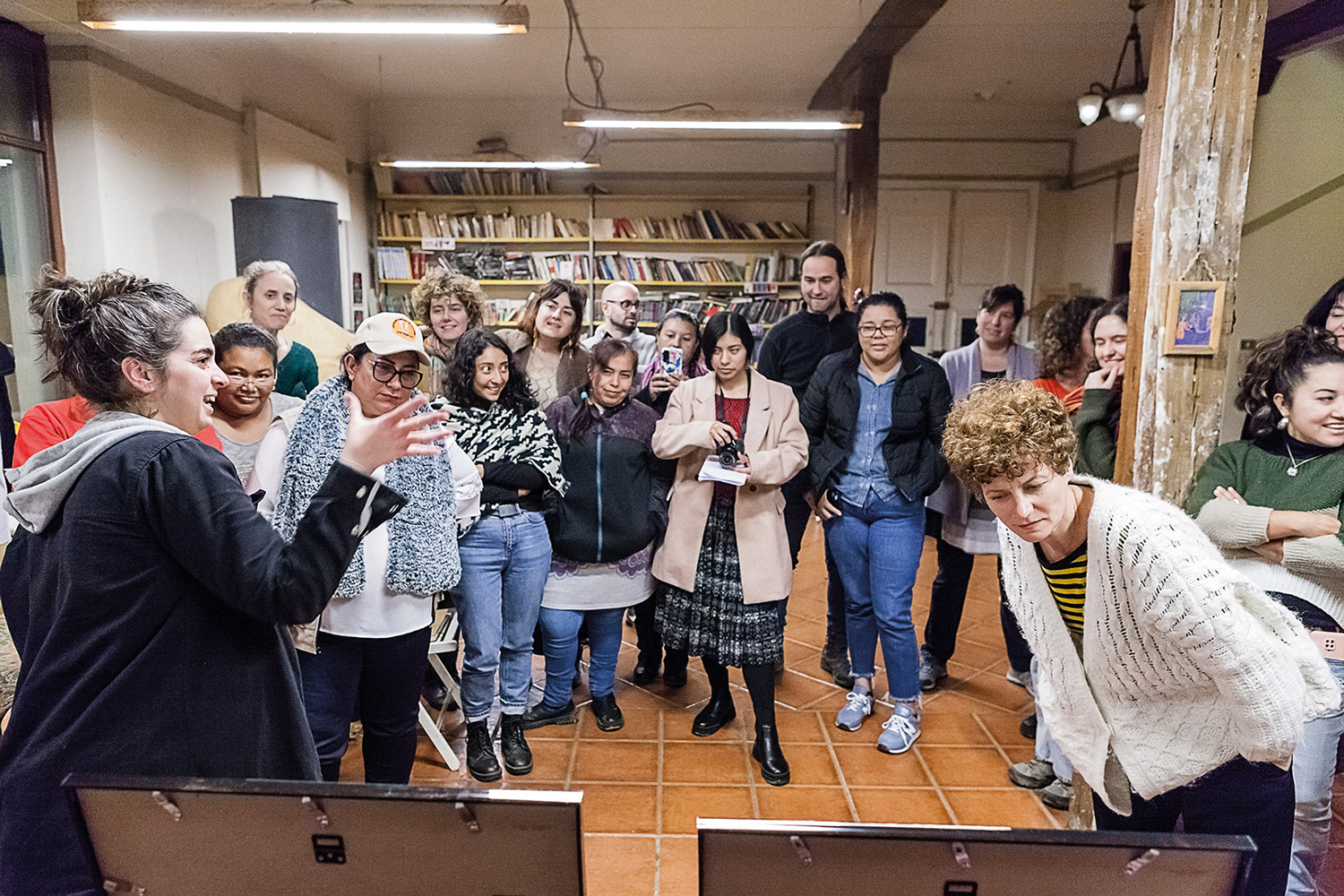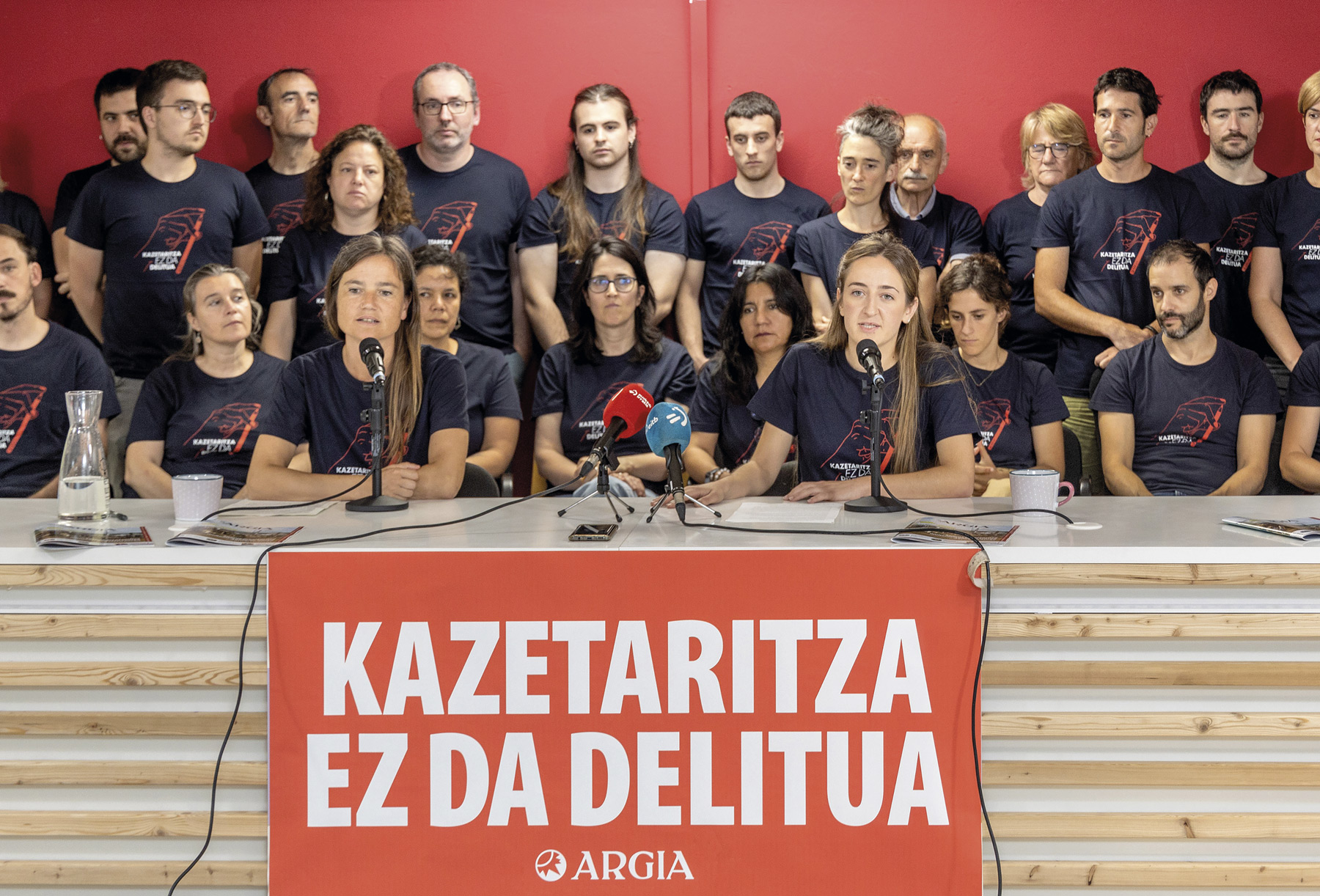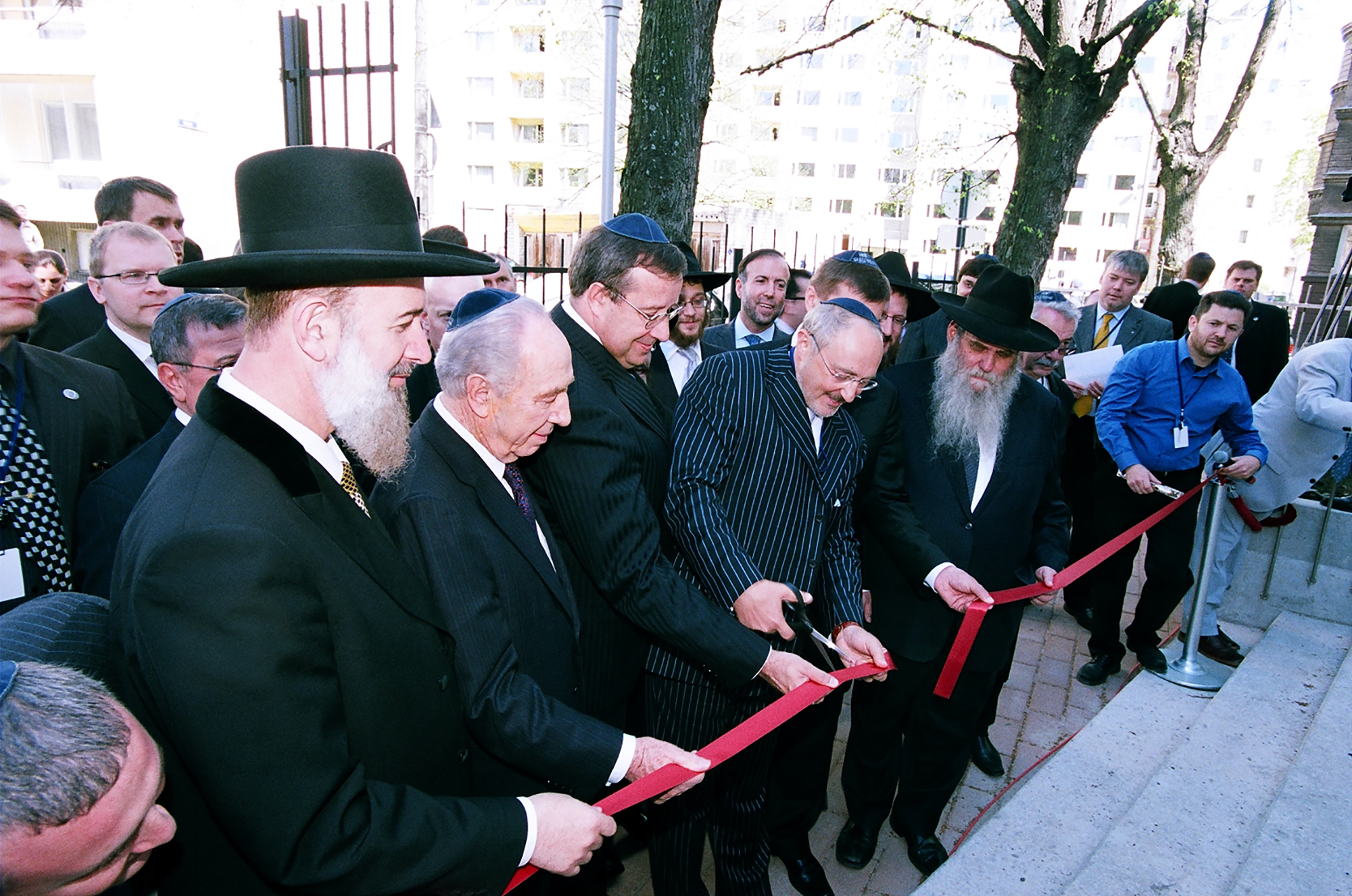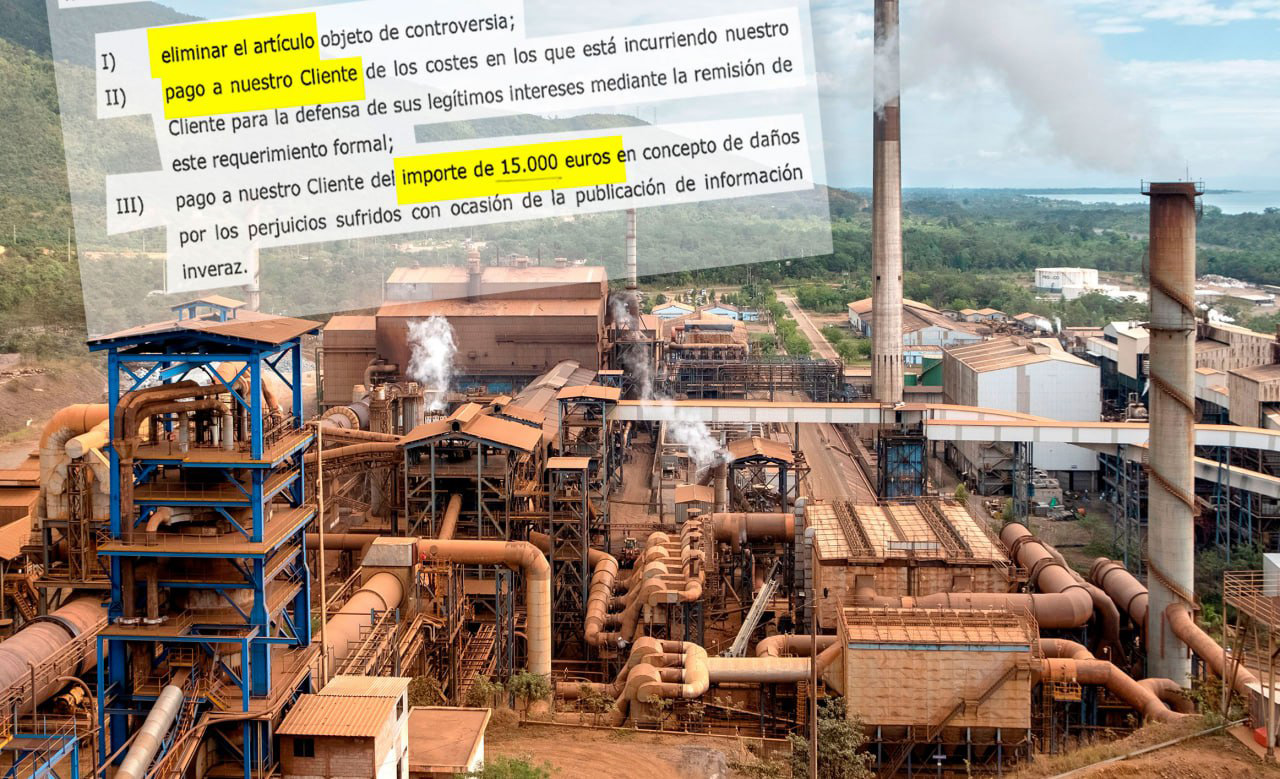ARGIA is right in the courts: reporting violations of language rights is not a crime
- In 2018, two Ertzainas denounced ARGIA journalist Lander Arbelaitz for reporting in Donostia a violation of language rights through an insult against them. After making a statement before the judge, the Donostia-San Sebastian Courts agreed to file the case, but appealed the decision and raised the level of the complaint. The Court of Gipuzkoa, on this occasion, has given ARGIA its support and, therefore, the right to inform has been definitively imposed on the courts.

The two Ertzainas who were identified as 22125 and 23044 filed a complaint in court against ARGIA journalist Lander Arbelaitz for recording and reporting on how a person’s language rights were violated in May 2018 in Donostia.
After being denounced in criminal proceedings for "insults", on 20 March the journalist appeared at the Donostia-San Sebastián court to make a statement. The journalist reported to the judge a contradictory situation in which, among other things, he asked for forgiveness in a letter signed by the Ertzaintza on 27 July. Outside the court, about 100 people concentrated under the slogan “journalism is not a crime” and 400 journalists showed their support through a manifesto to Arbelaitz.

On 2 January 2020, the Donostia-San Sebastian court decided to file the case, but an ertzaina appealed against the decision. In addition, he also filed an appeal with the Hearing of Gipuzkoa, in which the CAV justice system was approaching. The order, dated September 29, 2020, rejected the recourse of the ertzaina, justifying ARGIA.La Hearing of Gipuzkoa has considered that the case should be left out of the criminal avenues, “with the data presented it cannot be concluded that Lander Arbelaitz committed a criminal offence.”
The president of the third section of the Provincial Court of Gipuzkoa, Juana María Unanue Arratibel, assured that she did not see that Arbelaitz insulted anyone and, in addition, after analyzing the videos, considered the journalist’s interpretation reasonable: the ertzaina identified a person because she had been directed in Euskera, “since she asked for his identification after speaking in Basque.” The sentence that can be consulted in the PDF in this link literally reads in Spanish:
“According to the data sent to this court, the agent who lodged the complaint requested the identification of one of the persons participating in the concentration, precisely when this person responded in Basque. It is true that it cannot be confirmed with complete certainty that the agent identified this person because he spoke in Basque, but the factual sequence states that when he responded in Basque the agent asked him to show the identification.
Therefore, if the information published by Arbelaitz Mitxelena investigated is in a way a reasonable interpretation of what happened and, therefore, the right to information is protected, and in no case can it be described as false, or indeed humiliating or offensive.
In this particular case, between the right to honour and freedom of expression, it is clear that the second must prevail, even more (and this is the most important) when the person under investigation did not use words, phrases or expressions that might be considered offensive or aggressive, but merely interpreted the factual sequence he saw (wrong or correct), without using (we insist) rude or closed expressions.”
The car is firm and there is no recourse. The judicial route has therefore been completed and it has been ARGIA that has won the case.
A Western multinational exploits the natural wealth of a territory considered “third world” on a massive scale. Money for the company, pollution for residents and various problems. How many times have we heard this story? On this occasion, however, 65 journalists and... [+]





















